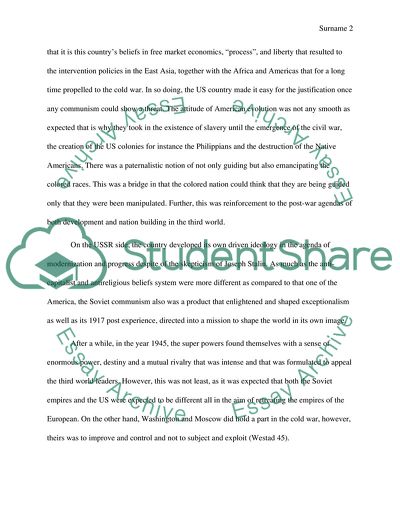Cite this document
(The Most Important Aspects of the Cold War Term Paper Example | Topics and Well Written Essays - 2750 words, n.d.)
The Most Important Aspects of the Cold War Term Paper Example | Topics and Well Written Essays - 2750 words. https://studentshare.org/history/1816960-cold-war
The Most Important Aspects of the Cold War Term Paper Example | Topics and Well Written Essays - 2750 words. https://studentshare.org/history/1816960-cold-war
(The Most Important Aspects of the Cold War Term Paper Example | Topics and Well Written Essays - 2750 Words)
The Most Important Aspects of the Cold War Term Paper Example | Topics and Well Written Essays - 2750 Words. https://studentshare.org/history/1816960-cold-war.
The Most Important Aspects of the Cold War Term Paper Example | Topics and Well Written Essays - 2750 Words. https://studentshare.org/history/1816960-cold-war.
“The Most Important Aspects of the Cold War Term Paper Example | Topics and Well Written Essays - 2750 Words”. https://studentshare.org/history/1816960-cold-war.


